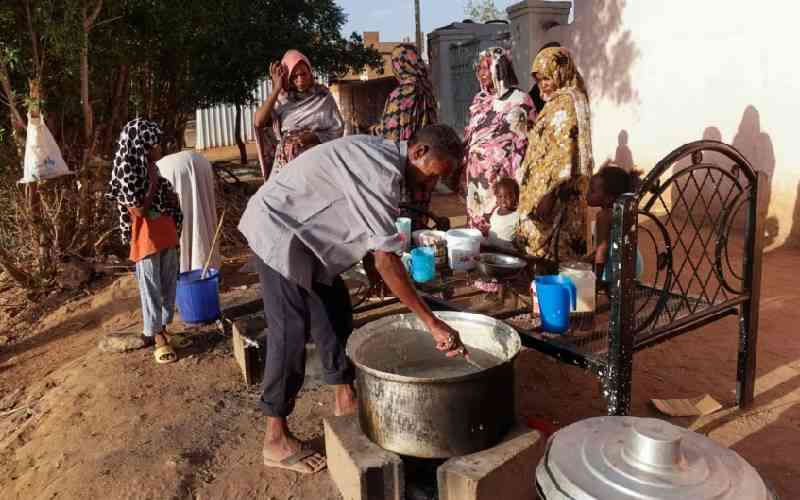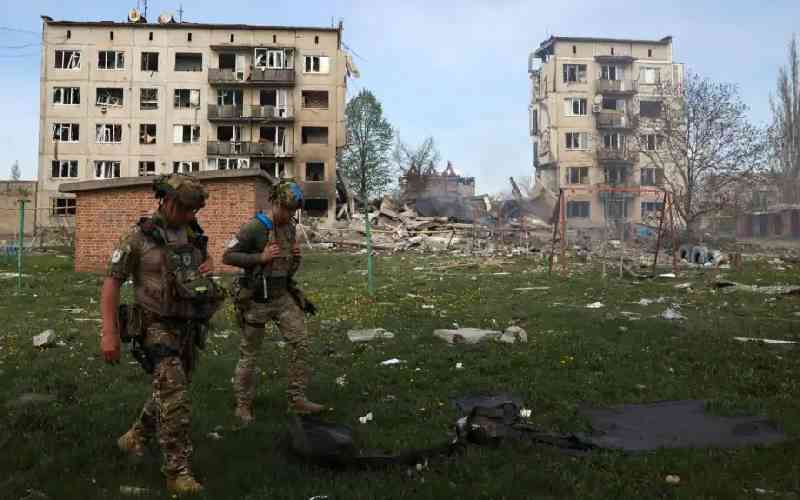The friendship and relaxed demeanor between President Uhuru Kenyatta and his deputy William Ruto appears to be genuine, and while their passionate adherents believe this will last the long haul; they must remain alert to the existence of snares set up by political exigencies and expediency which dictate our politics. It is early days yet to positively aver this bosom friendship will hold.
The country’s history from independence has a lot to teach about the intricacies of politics woven around personal, community and party interests. Across the border, Uganda offers another example.
President Yoweri Kaguta Museveni, Kizza Besigye and former premier Amama Mbabazi were once as ‘thick as thieves’ but something to do with the ‘green eyed monster’ and ambition eventually turned them into bitter foes.
There is some charisma around President Kenyatta that makes it hard to casually dismiss him; the typical case of the moth and the burning light. He has a style that defies the starchy form most Kenyans were used to seeing around the other Presidents who preceded him. He is a President with many firsts; first to constitutionally hand over the mantle to his deputy.
First to be foster father to select students and first to publicly don full military fatigues, to name a few. Though Kenya’s first three Presidents were each, during their reigns, Commander-in-Chief of the armed forces, none of them appeared in public in full military attire, complete with name and insignia.
We cannot begrudge the Commander-in-Chief the right to don military regalia, and the Head of State even appears debonair, carrying it extremely well. Observing him, he truly relishes the jungle fatigues; I would too. The concern is that, while it might be quite innocent, it could, on the other hand, be sending out an ominous message to his unrelenting political detractors.
Psychologists agree that mannerisms, personal deportment, even dress, subconsciously betray certain innermost inclinations. In Africa, politics and the military are non-concomitant. Nothing good has ever come out of the military for the African masses. The despicable states in which most African countries find themselves have their genesis in military interference in the political and administrative affairs.
Africa’s renown combat zones; Sudan, Somalia, DR Congo, Nigeria and Libya owe their troubles to men in uniform at the helm. Though their Presidents graduated from being lowly guerrilla’s, having come into power through the barrel of the gun, putting on combat fatigues has some symbolism, the obvious of which is to intimidate.
Benito Mussolini, the despotic atheist who argued that only fools believed bible stories, was cunning enough to don an amiable mien and grant the church favours. He outlawed freemasonry, freed the clergy from paying taxes, imposed heavy penalties for abortion and banned homosexuality and put in place harsh penalties for adultery. He duped pope Pius XI into describing him as a man whom providence had sent. But in uniform, he left a trail of destruction.
Pressure exerted on Kenyatta’s government by the opposition on matters of equity in appointments and resource allocation, corruption and land scams that seem to revolve around the Executive and Legislature might have the negative effect of putting the President on the defensive.
And fearing, as his deputy and lieutenants have publicly claimed, that the opposition seeks to topple the Jubilee administration, the President could be pushed into an alliance with the military for protection. That might be dangerous, for as Adolf Hitler warned; any alliance whose purpose is not the intention to wage war is senseless and useless. Only once, in 1982, did the army get up to some mischief, and while we believe that is behind us, the army should be barricaded behind barracks.
 The Standard Group Plc is a
multi-media organization with investments in media platforms spanning newspaper
print operations, television, radio broadcasting, digital and online services. The
Standard Group is recognized as a leading multi-media house in Kenya with a key
influence in matters of national and international interest.
The Standard Group Plc is a
multi-media organization with investments in media platforms spanning newspaper
print operations, television, radio broadcasting, digital and online services. The
Standard Group is recognized as a leading multi-media house in Kenya with a key
influence in matters of national and international interest.
 The Standard Group Plc is a
multi-media organization with investments in media platforms spanning newspaper
print operations, television, radio broadcasting, digital and online services. The
Standard Group is recognized as a leading multi-media house in Kenya with a key
influence in matters of national and international interest.
The Standard Group Plc is a
multi-media organization with investments in media platforms spanning newspaper
print operations, television, radio broadcasting, digital and online services. The
Standard Group is recognized as a leading multi-media house in Kenya with a key
influence in matters of national and international interest.








